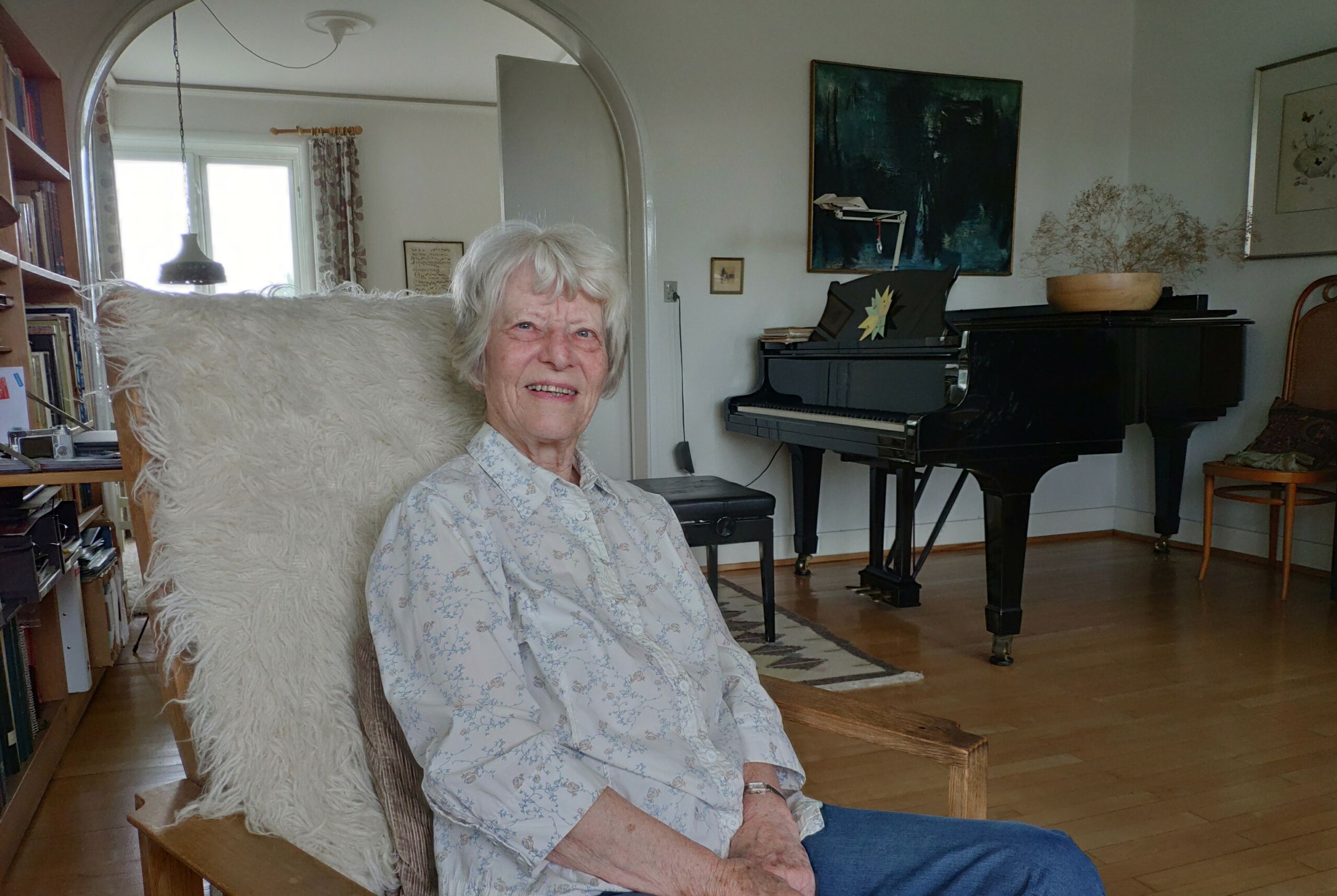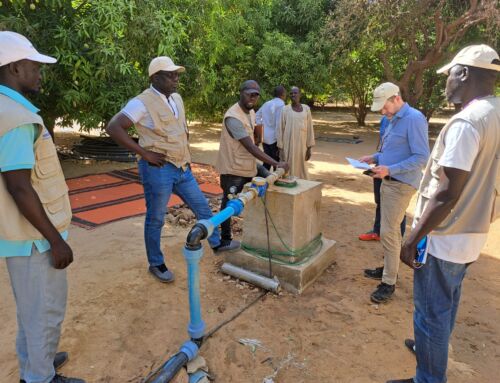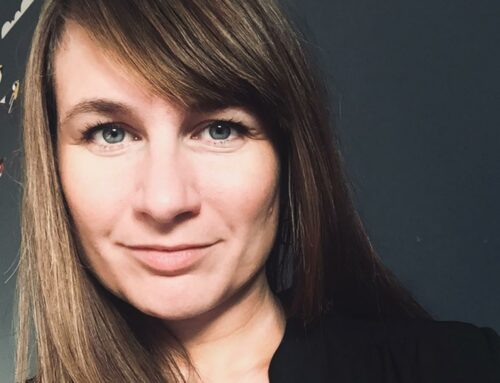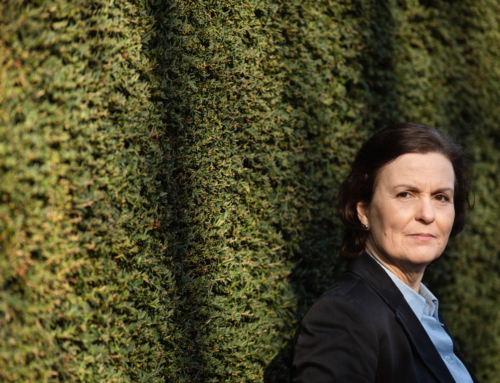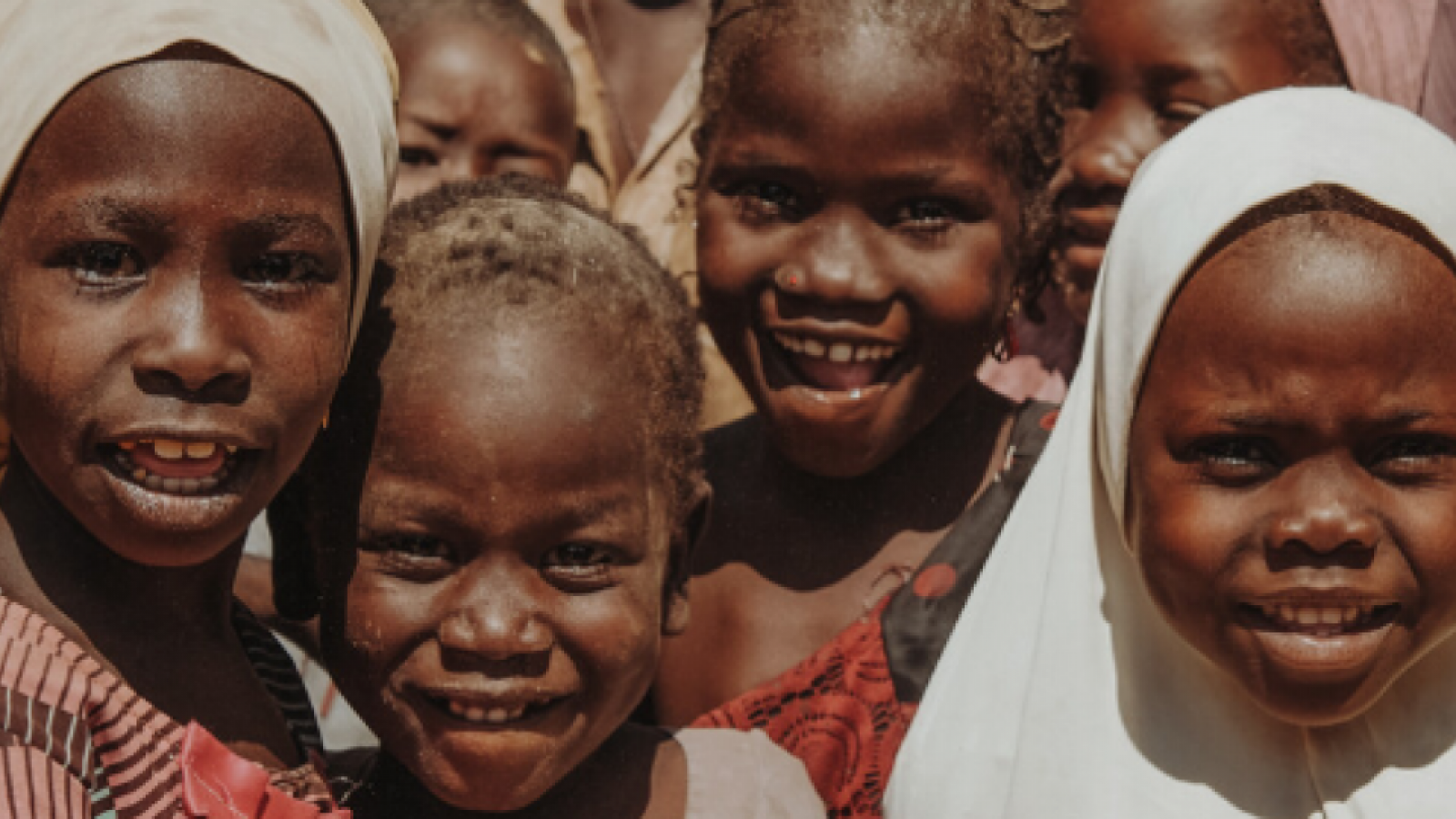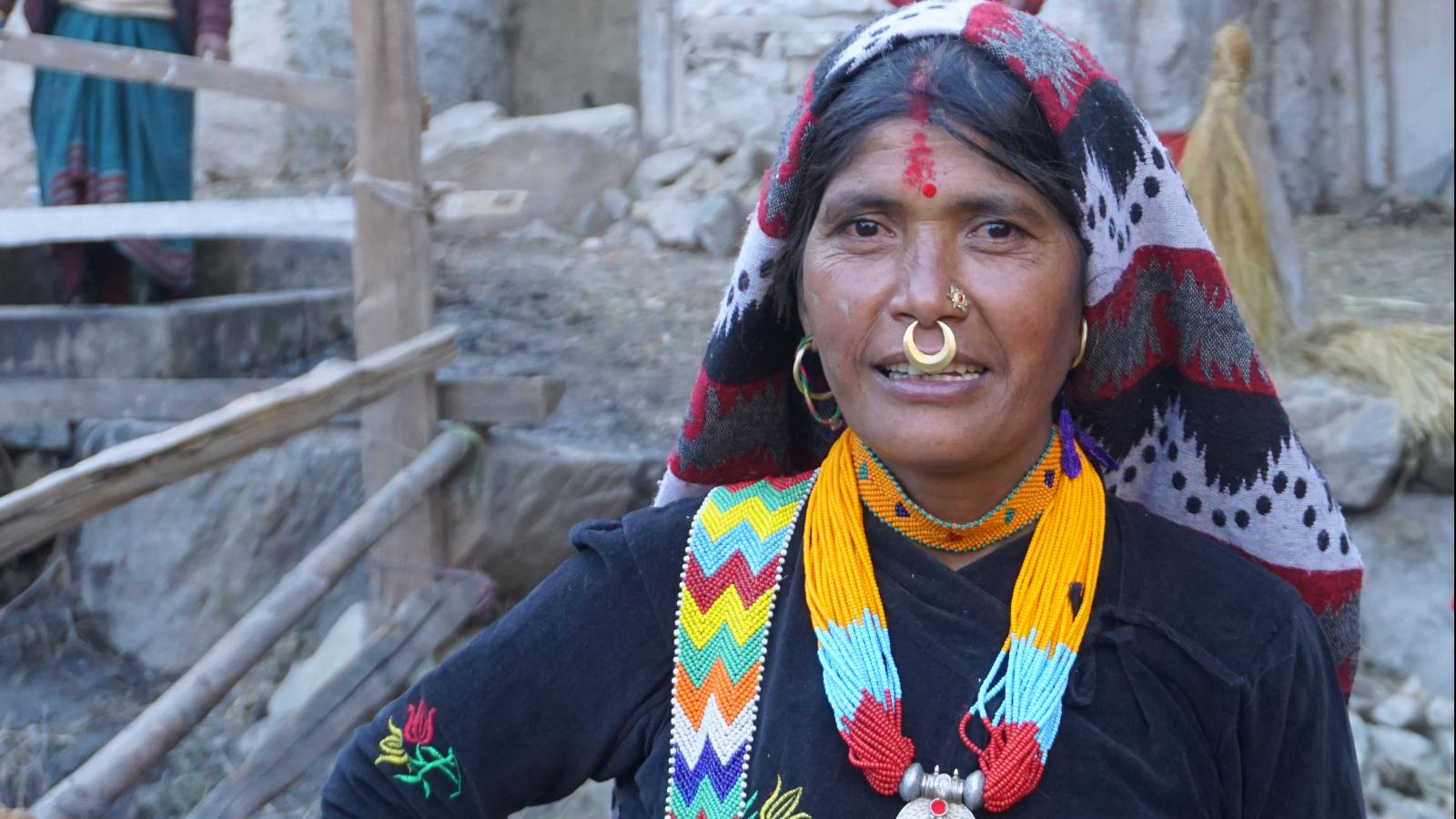She has been collecting clothing, hospital supplies, furniture, beds and medicine together for Bulgaria and South America, especially Bolivia, for over 30 years. Concert pianist Astrid Møller is a fiery soul who is passionate about helping the world’s poorest. Astrid Møller was born with a help gene.
Throughout her life, she has met and worked for people in poverty and distress, with justice and faith as the driving force. For Astrid Møller, educating a population is the way out of poverty. That is why she has chosen to include Mission East’s partner, COME School in Myanmar, in her will.
Justice and faith as a driving force
“I was born with a charity gene. In my childhood home in Spain, we always had plenty of fruit bowls and enough food. As a child, I didn´t understand why we couldn’t just hand out the goods we had to the poor around us. I remember one episode when I felt we should give food and help to our domestic aid´s sick children. My mother didn’t think it was necessary. But the child died. It was a big shock to me and I will never forget it.
I have always seen and loved the poor, ”says Astrid.
Justice has therefore been a fundamental value to her. And it disturbs her mind when people do not see injustice and poverty:
“In my young days I traveled around for summer courses and saw poor villages and beautiful landscapes. But where others were taking photos of the picturesque buildings and landscapes, I saw the poor poor children living in caves and sheds. I couldn’t stand just looking around without doing anything. That’s the attitude I’ve had ever since I was very small. ”
Idealist to the teeth
It’s hard to find people who have the time and the same idealistic approach to humanitarian work as Astrid, which is also why she prefers to work independently in her basement.
“It can be really difficult to find helpers, without some of them wanting something to take home to godchildren or grandchildren when we sort clothes, shoes and things. And that’s not the way I work! What I get must go to the people in need. That’s why it’s easiest for me to work on my own, “she says, continuing:
” As soon as money comes into the picture, it becomes problematic. That is why I have always chosen to work alone and without any bureaucracy. I have received donations including from schools, clubs, businesses and private donations, and free transportation, because people want to give. My humanitarian work has always been unpaid. This is how I feel best. ”
Education is key
“For me, education is the cornerstone of building a country. Dictatorial leaders around the world can only retain their power over the people because the people are held back by propaganda and lack of education.
That is why it is so important for me to support projects that can make a population better able to manage themselves where they live, “Astrid says, and continues:
” Since I can not do so much physical humanitarian work anymore, I want to make sure that the money I give now, and then through my will, goes directly to education. The work Mai Ki is doing in Myanmar is just a project to my heart. The children get education and in the local area they learn to grow the land with vegetables, so that the residents can get some nutritious diet. That way you can lift a people. “

